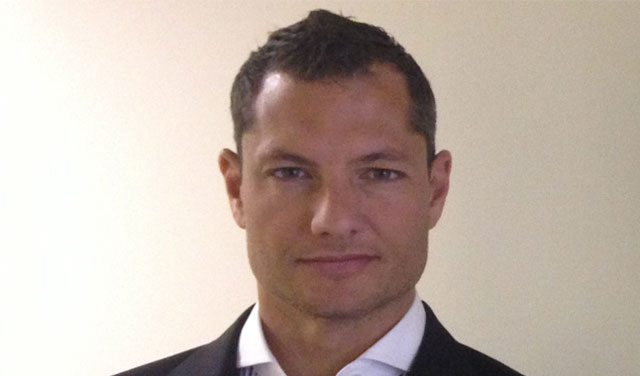
Telkom said on Friday it would extend its limited trial of 20Mbit/s and 40Mbit/s fixed-line broadband to Internet service providers (ISPs) other than its own TelkomInternet. The expanded scope of the trial won’t only benefit consumers and ISPs, but is good for the operator itself because of the nature of fixed-line services in SA.
That’s the view of Derek Hershaw, CEO of the MWeb ISP, who says the case for extending the trial was originally made by the Internet Service Providers’ Association (Ispa), which argued that if Telkom’s motivation was a thorough test of the faster broadband services, other ISPs would have to be included because they don’t connect to Telkom’s wholesale network in the same way TelkomInternet does.
“There are definitely benefits for Telkom in expanding the trial,” says Hershaw. “If you look at the rationale behind the trial – that it’s meant as a field test and an investigation of technical readiness – expanding it was essential. TelkomInternet sits on [Telkom wholesaler] Saix, while everyone else connects via [the] IPConnect [service], and Telkom needs to test that.”
Because TelkomInternet has only been offering uncapped broadband for a few months, Hershaw reckons that other ISPs, which have “much more experience in the uncapped space and are better positioned to assess customer readiness and likely usage patterns”, must be involved.
The trial will have limited impact for consumers at first, with only a handful of telecommunications exchanges being upgraded for the trial. Hershaw says around 130 MWeb customers will participate and that those that do will be existing 4Mbit/s or 10Mbit/s users.
“We’re hoping to see the trial include around 1 000 users across all of the applicable exchanges and all of the major ISPs,” Hershaw says.
Rather than the short-term benefits for a handful of customers, Hershaw says what’s most exciting about the trial is the intent behind it.
“If the trial is successful, then Telkom will be making a multibillion-rand investment in fixed-line infrastructure. This doesn’t only have benefits in terms of speed for existing customers but should also go some way towards growing the fixed-line footprint.”
Hershaw says there are only about 860 000 fixed-line broadband users in SA, but that Telkom wants to double this over the next three to five years. This is good news for ISPs which, while being unable to supply the fixed lines themselves, compete with TelkomInternet and each other to provide data services to fixed-line users.
It’s unclear whether there’ll be any cost associated with the trial for those that participate, but it looks unlikely that users will have to pay anything more than they are at present.
“We’re waiting for Telkom to confirm the costs involved,” Hershaw explains. “ISPs will definitely be charged for it, but we’re hoping to be able to absorb the cost and to let customers keep paying what they are at the moment.”
MWeb expressed interest in participating in the trial since it was first mooted in 2011. Telkom originally said it would limit the trial to its own ISP to expedite the process, but it seems the groundswell of interest from other providers, along with Ispa’s lobbying, encouraged the operator to revise its stance on the matter.
Hershaw thinks Telkom came to see the value in having other participants in the trial. “Saix and IPConnect are very different platforms and you need to get to grips with both.”
He says MWeb is “really excited” about the trial and the investment it portends. “It’s long overdue, but it shows that Telkom is thinking about how to keep fixed-line relevant in the face of growing mobile offerings.” — (c) 2012 NewsCentral Media




